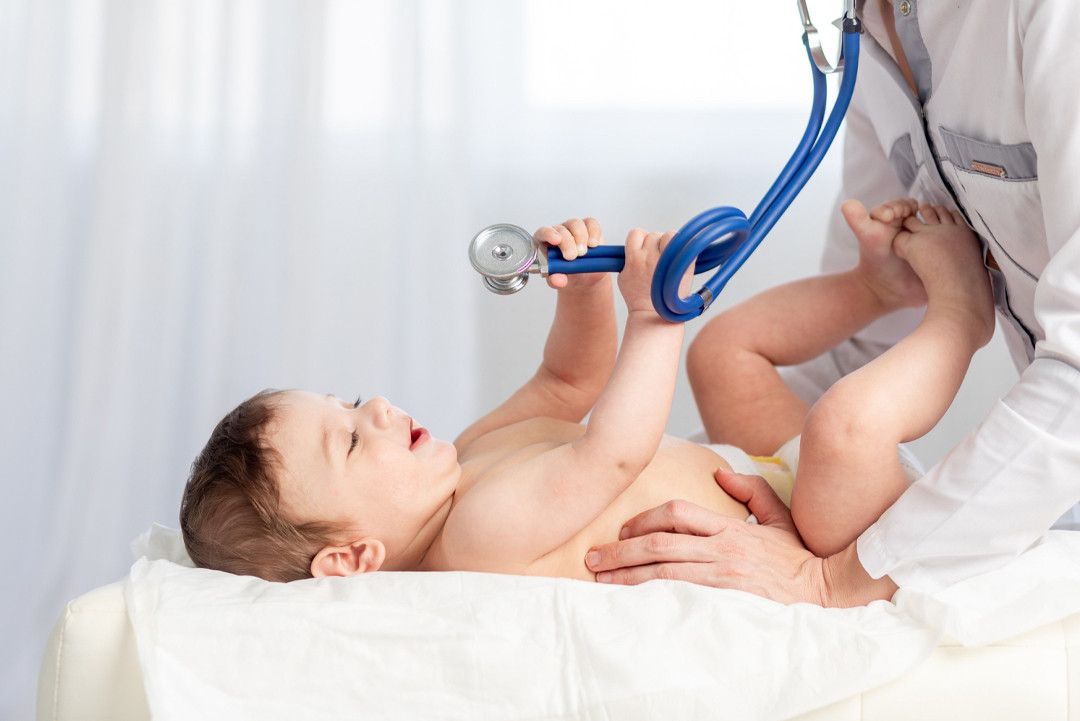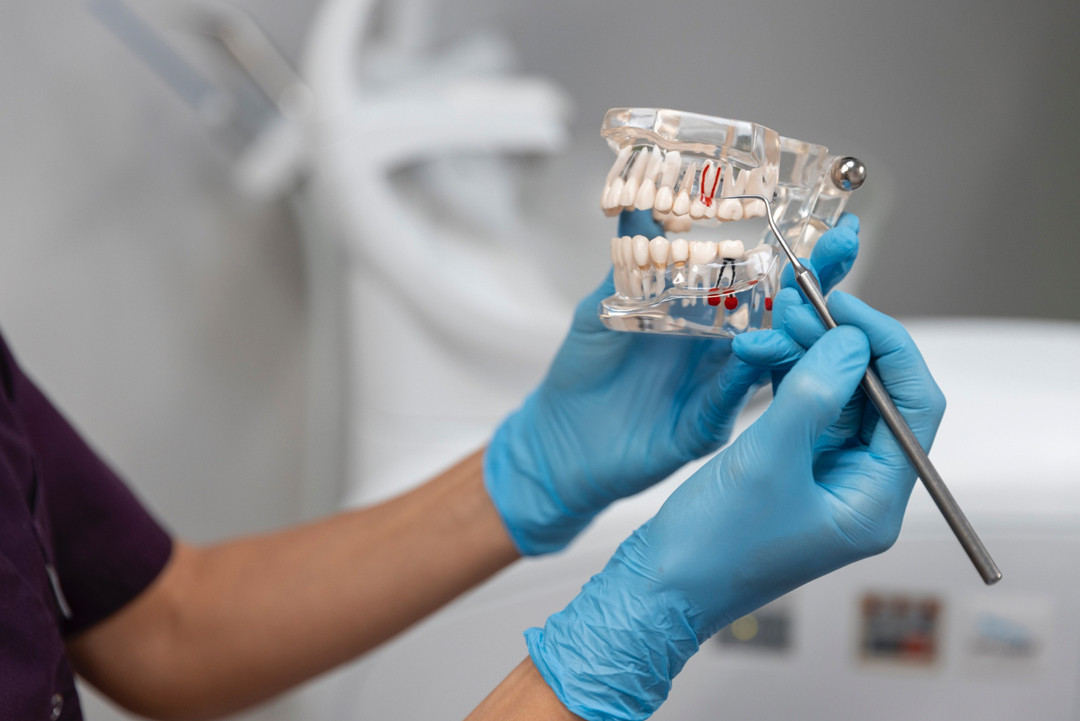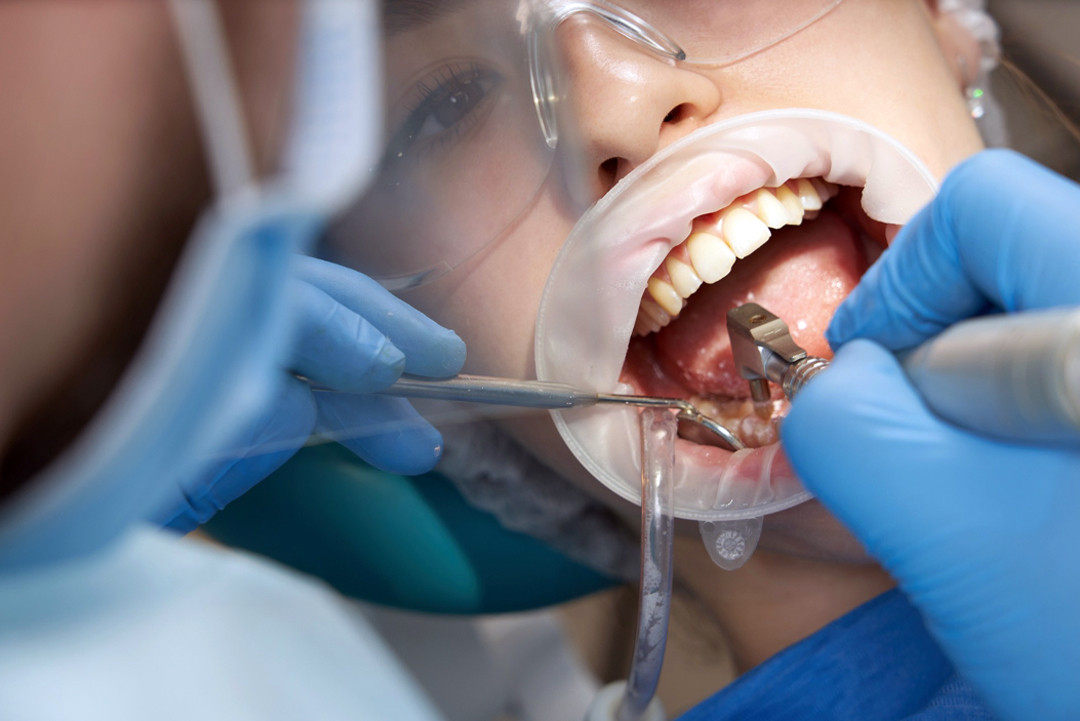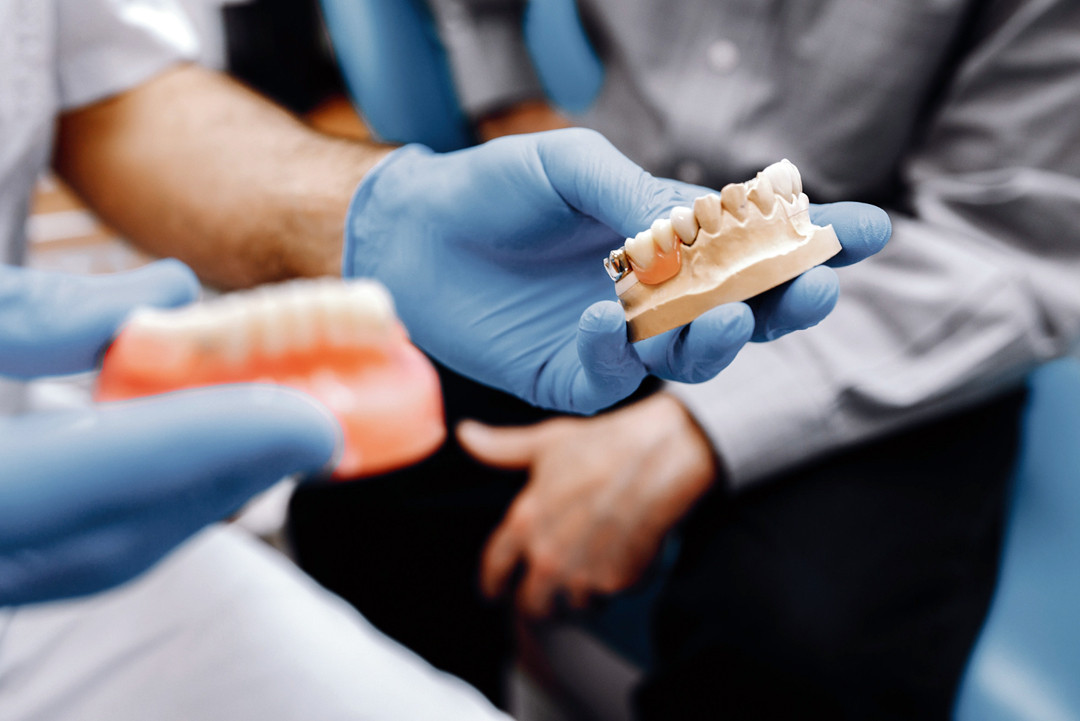What Is Pediatric Nephrology?
Pediatric nephrology is a medical specialty focused on diagnosing and treating kidney-related conditions in children from infancy to adolescence. Pediatric nephrologists address both congenital and acquired kidney disorders, often collaborating with other medical specialists to provide comprehensive care.
Conditions Treated by Pediatric Nephrologists
- Chronic Kidney Disease (CKD)
- Cause: Diabetes, hypertension, or genetic predisposition.
- Symptoms: Fatigue, swelling, and high blood pressure.
- Treatment: Lifestyle modifications, medications, and possibly dialysis or kidney transplant.
- Acute Kidney Injury (AKI)
- Cause: Dehydration, infections, or medication side effects.
- Symptoms: Sudden loss of kidney function, swelling, and reduced urine output.
- Treatment: Immediate medical intervention, including fluid replacement and dialysis if necessary.
- Congenital Kidney Abnormalities
- Examples: Structural defects present at or before birth.
- Treatment: Monitoring, medications, or surgical intervention.
- Nephrotic Syndrome
- Cause: Kidney damage leading to improper filtration.
- Symptoms: Protein in urine, swelling, and weight gain.
- Treatment: Corticosteroids, immunosuppressants, and diuretics.
- Urinary Tract Infections (UTIs)
- Symptoms: Pain during urination, frequent urination, and fever.
- Treatment: Antibiotics and hydration.
- Kidney Stones
- Cause: Mineral buildup in the kidneys.
- Symptoms: Severe pain, blood in urine, and nausea.
- Treatment: Pain management, hydration, and possible surgical removal.
- Glomerulonephritis
- Cause: Swelling of the kidney’s filtering units (glomeruli).
- Symptoms: Blood in urine, swelling, and high blood pressure.
- Treatment: Medications to control inflammation and symptoms.
- Polycystic Kidney Disease
- Cause: Genetic condition leading to cyst formation in kidneys.
- Symptoms: High blood pressure, kidney pain, and progressive kidney failure.
- Treatment: Monitoring, blood pressure control, and symptomatic treatment.
First Visit Expectations
During the first visit, a pediatric nephrologist will:
- Take a detailed medical history.
- Conduct a physical examination.
- Recommend diagnostic tests to assess kidney function.
Common Diagnostic Tests
- Urine Tests: Detect protein, blood, or other abnormalities.
- Blood Tests: Measure creatinine, electrolytes, and other markers of kidney function.
- Imaging Tests: Ultrasound, CT, or MRI to visualize kidney structure and detect abnormalities.
- Kidney Biopsy: Invasive procedure to evaluate tissue for definitive diagnosis (used in specific cases).
Treatment Methods
Medications
Purpose: Manage blood pressure, inflammation, infections, and other symptoms.
Examples: Corticosteroids, immunosuppressants, and diuretics.
Dialysis
- Purpose: Remove waste and toxins when kidneys fail.
- Types:
- Hemodialysis: Blood filtered through a machine; requires frequent clinic visits.
- Peritoneal Dialysis: Uses the peritoneum for filtration; can be done at home, offering more flexibility for children.
Kidney Transplant
Eligibility: For children with end-stage kidney disease.
Process: Replacement of non-functioning kidneys with a donor kidney.
Lifestyle Changes
- Dietary Adjustments: Low protein, salt, and potassium diet.
- Exercise: Promotes overall health and helps control hypertension.
Key Takeaways
- Pediatric nephrologists provide specialized care for kidney disorders in children, from diagnosis to treatment and follow-up.
- Early intervention and proper management are crucial to preventing long-term complications.
Connect with specialists to ensure the best care for your child.


















